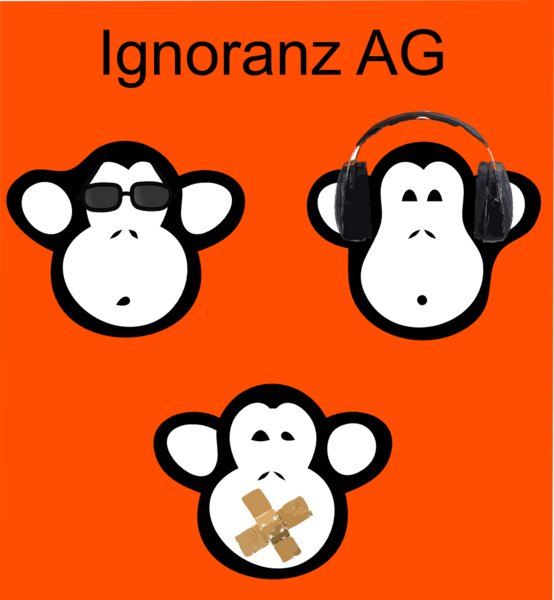NHL's lowest-paid players guaranteed healthy raise
Jul 16, 2005 3:59:33 GMT -5
Post by M. Beaux-Eaux on Jul 16, 2005 3:59:33 GMT -5
NHL's lowest-paid players guaranteed a healthy raise
Tidbits leaked out Friday when Bill Daly began informing general managers and other club executives in New York
By TIM WHARNSBY
Saturday, July 16, 2005 Updated at 1:41 AM EDT
From Saturday's Globe and Mail
The minimum salary for National Hockey League players would increase throughout the term of the six-year collective agreement tentatively reached this week.
That's just one of the tidbits that leaked out Friday when NHL executive vice-president Bill Daly began informing general managers and other club executives in New York.
There also would be a Dec. 1 deadline for restricted free agents to sign with clubs. If the player misses the cutoff date, he would have to sit out the entire season.
Also, there would be drastic reductions in how long a club can hold on to the rights of unsigned, drafted, U.S. college players and Europeans.
The Canadian Press reported yesterday that the new agreement contains the league's first drug policy. And the New York Post discovered that if league-wide revenue increases, the players' share of that revenue would increase.
The new agreement must be ratified by the NHL and the National Hockey League Players' Association.In the deal, a player's minimum salary would jump to $450,000 (all figures U.S.) from $185,000. After two years, the minimum would jump to $475,000 for the middle two seasons of the agreement and to $500,000 for the final two years.
The $39-million individual club salary cap would be linked to 54 per cent of the projected league revenue of $1.8-billion. Salaries would rise to 55 per cent if revenue hits $2.2-billion, 56 per cent at $2.4-billion and 57 per cent at $2.7-billion.
The inclusion of a drug policy is not surprising. It was speculated that the U.S. Congress would have legislated such a policy if the NHL and the NHLPA had not implemented the league's first random testing program. Under the new drug policy, a player would be tested twice a year. A first positive test would result in a 20-game suspension, while a 60-game penalty would be levied for a repeat offender. A third offence would result in permanent suspension.
- tinyurl.com/9y7sf
Tidbits leaked out Friday when Bill Daly began informing general managers and other club executives in New York
By TIM WHARNSBY
Saturday, July 16, 2005 Updated at 1:41 AM EDT
From Saturday's Globe and Mail
The minimum salary for National Hockey League players would increase throughout the term of the six-year collective agreement tentatively reached this week.
That's just one of the tidbits that leaked out Friday when NHL executive vice-president Bill Daly began informing general managers and other club executives in New York.
There also would be a Dec. 1 deadline for restricted free agents to sign with clubs. If the player misses the cutoff date, he would have to sit out the entire season.
Also, there would be drastic reductions in how long a club can hold on to the rights of unsigned, drafted, U.S. college players and Europeans.
The Canadian Press reported yesterday that the new agreement contains the league's first drug policy. And the New York Post discovered that if league-wide revenue increases, the players' share of that revenue would increase.
The new agreement must be ratified by the NHL and the National Hockey League Players' Association.In the deal, a player's minimum salary would jump to $450,000 (all figures U.S.) from $185,000. After two years, the minimum would jump to $475,000 for the middle two seasons of the agreement and to $500,000 for the final two years.
The $39-million individual club salary cap would be linked to 54 per cent of the projected league revenue of $1.8-billion. Salaries would rise to 55 per cent if revenue hits $2.2-billion, 56 per cent at $2.4-billion and 57 per cent at $2.7-billion.
The inclusion of a drug policy is not surprising. It was speculated that the U.S. Congress would have legislated such a policy if the NHL and the NHLPA had not implemented the league's first random testing program. Under the new drug policy, a player would be tested twice a year. A first positive test would result in a 20-game suspension, while a 60-game penalty would be levied for a repeat offender. A third offence would result in permanent suspension.
- tinyurl.com/9y7sf

